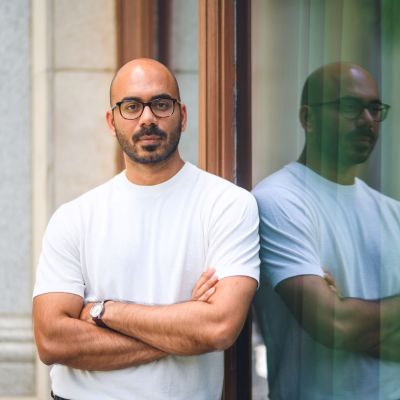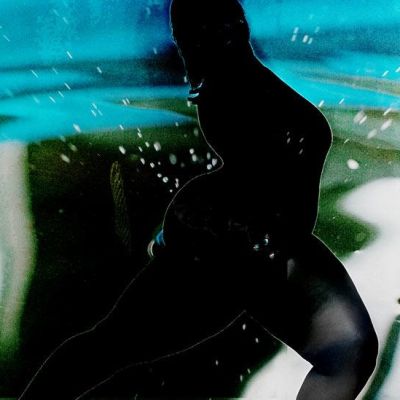storytelling
उनकी सेक्सी कहानियों में आनंद और फैंटसी का चित्रण पूरी तरह औरतों की इच्छाओं पर केंद्रित हैं।
What follows, in the short film Chutney, is a conversation – full of eerie, evocative storytelling – which not just sheds light on the class hierarchies in the middle to upper-middle class Indian household, but also the anxieties surrounding sexuality and sexual repression within it.
Queering to me is thinking, being, living and loving outside societal norms.
Every part of life, the world too, is storied. Stories are the thread that hold histories and truths together. Stories are at the core of myth-making. Everything that we know is part of multiple crisscrossing relational storylines that we raise and those that we have no power in raising.
As I began to read about feminist methodology in academic research, it felt like I finally found words to articulate my experience. Feminist methodology addresses problems in traditional forms of scientific and social research, such as giving high regard to objectivity and rationality, and the power equation in the researcher-subject relationship.
Members of a fandom are not just passive consumers but active co-creators who imagine and build new worlds around their objects of adoration. Fandom communities offer fans the freedom of being able to imagine, create and share all sorts of scenarios, including romantic, erotic and sexual ones.
Drag is more than a form of entertainment or art form or a form of comedic release, it’s the realization of the fun of being queer or having a queer perspective.
The story is so well told and is written with such a light, deft hand that it is almost easy to miss what makes it so quietly radical. To review it within the scope of exploring the coming together of literature and sexuality we must begin with its central cast of characters – the widows.







